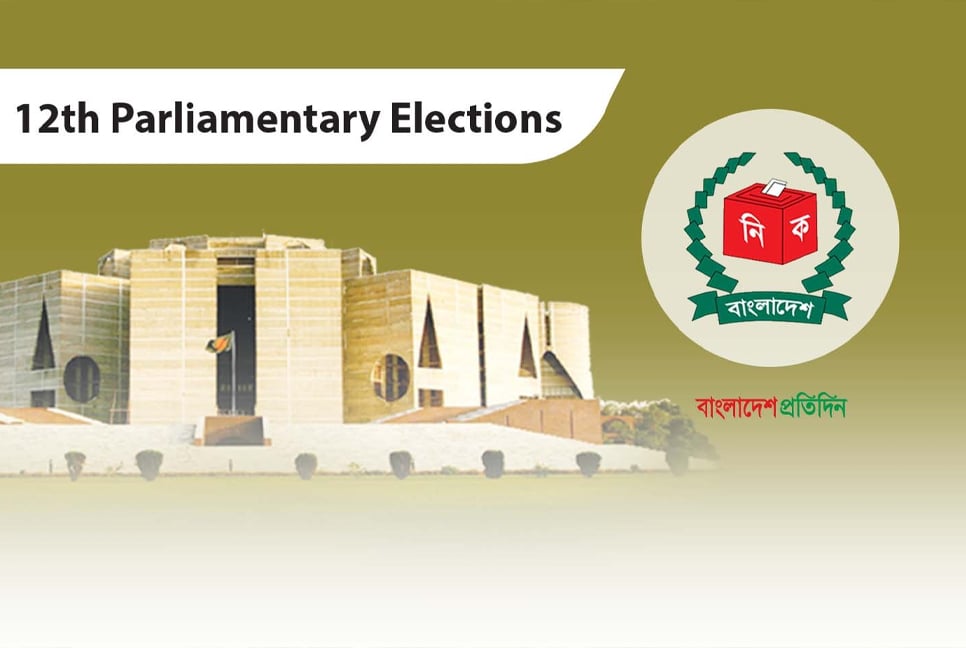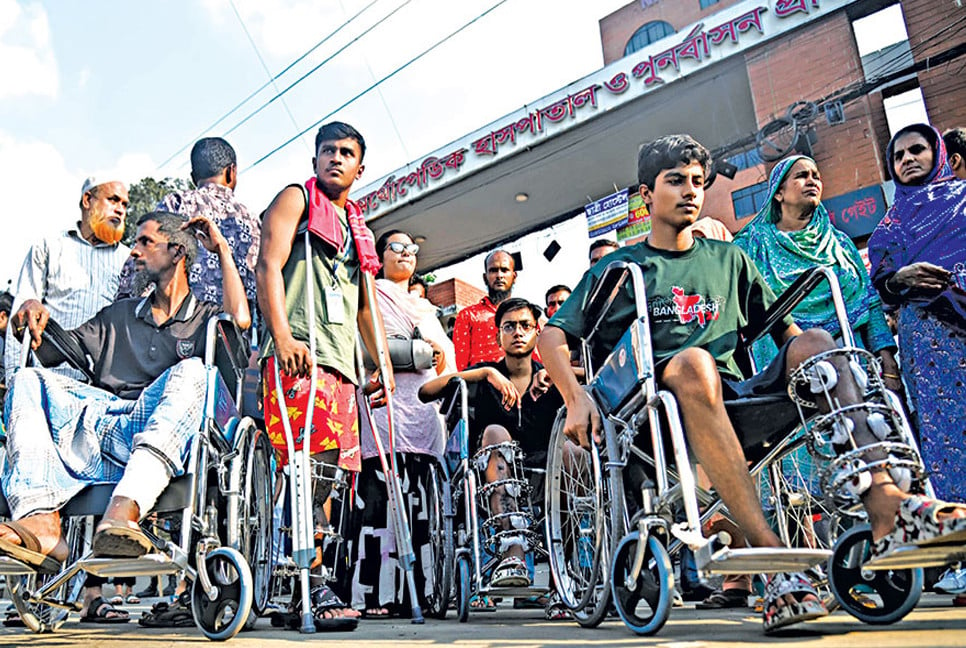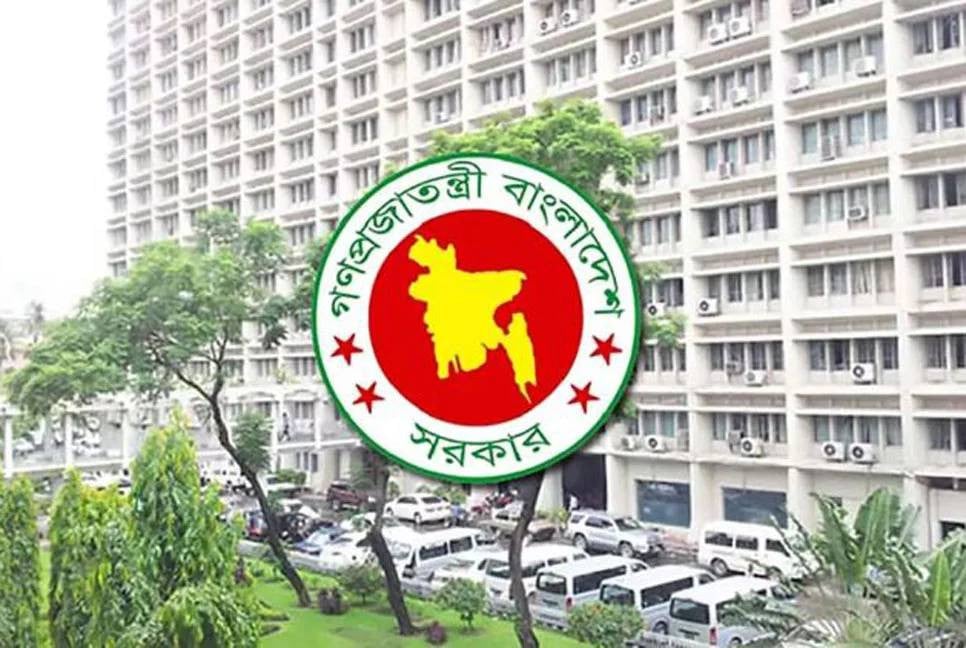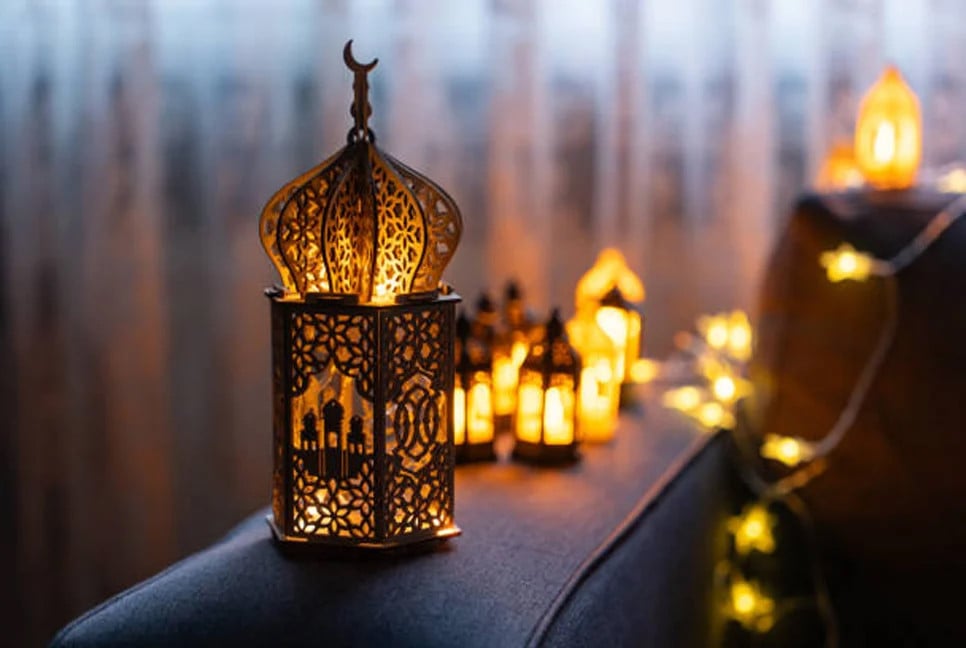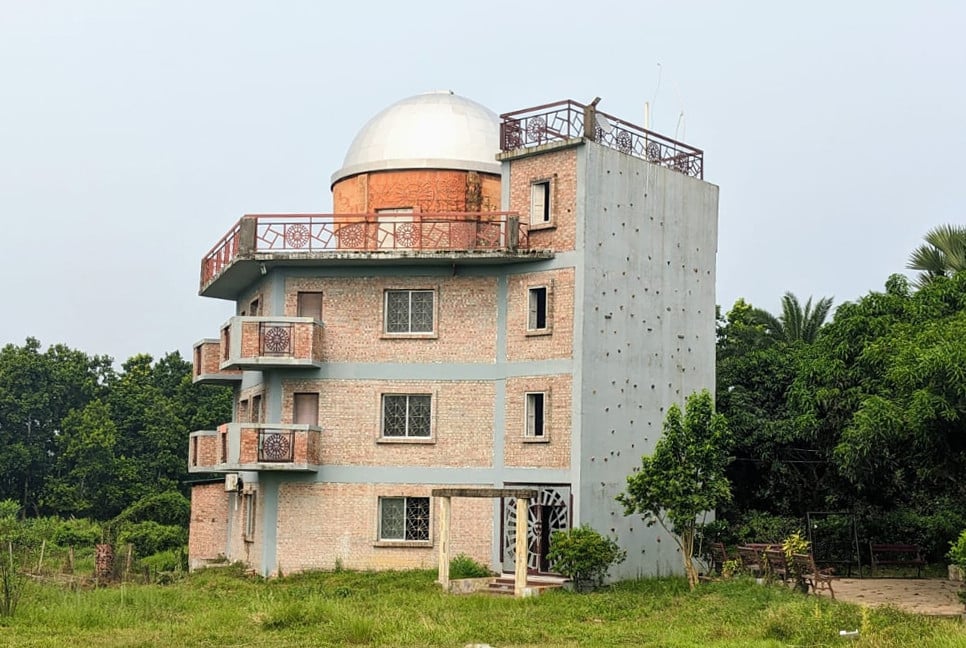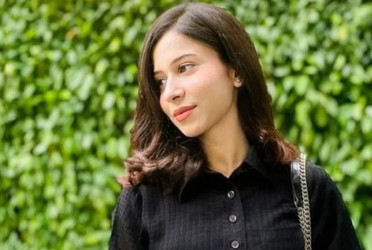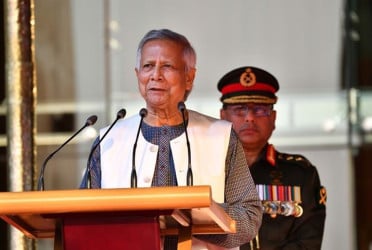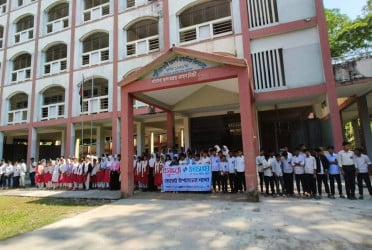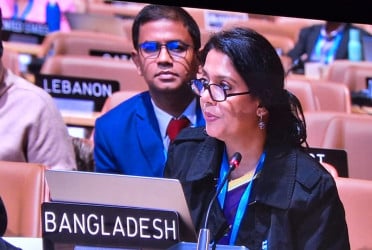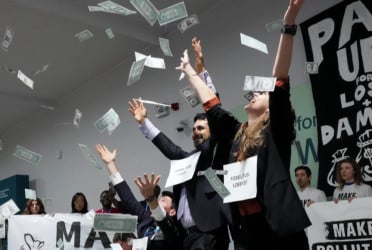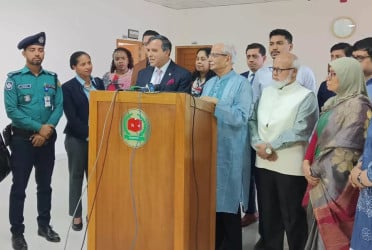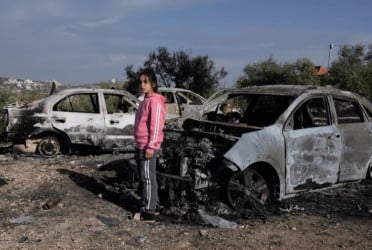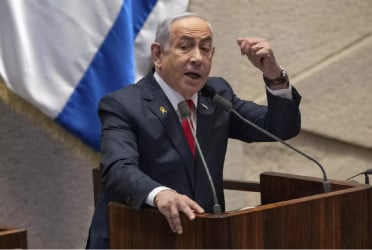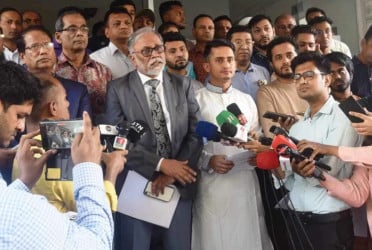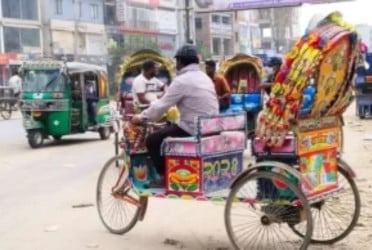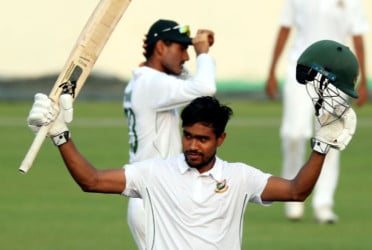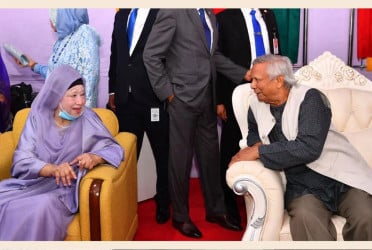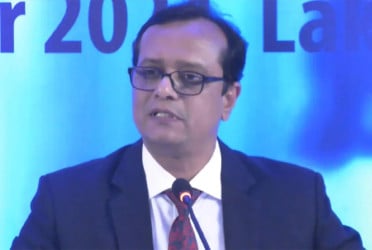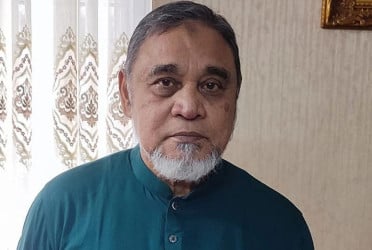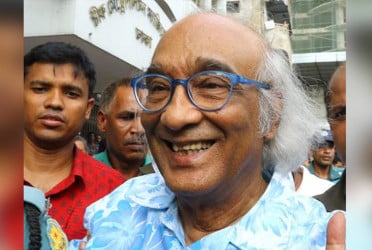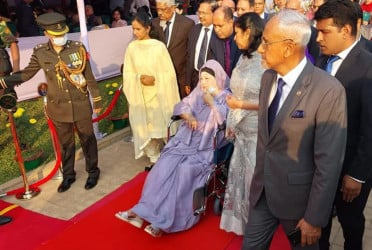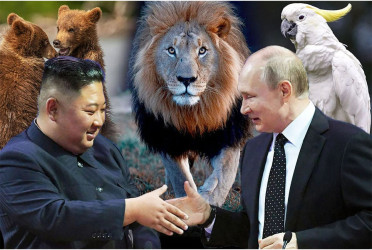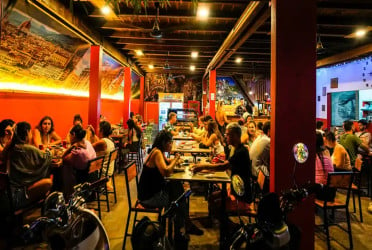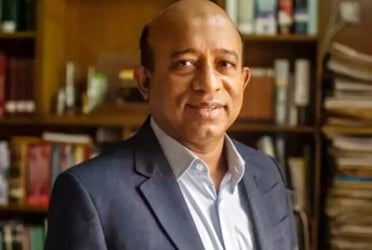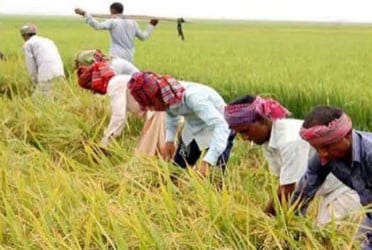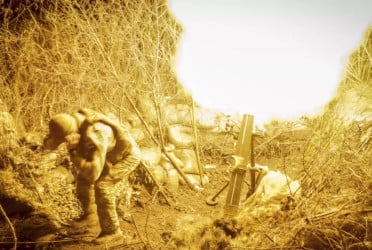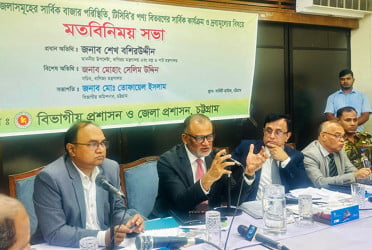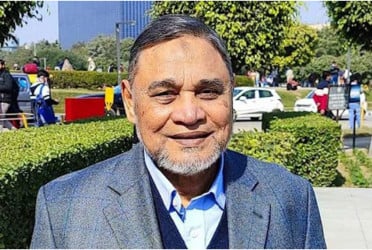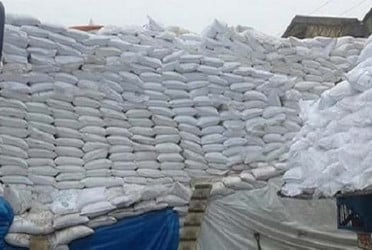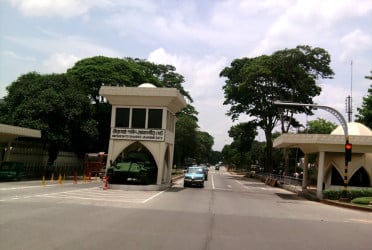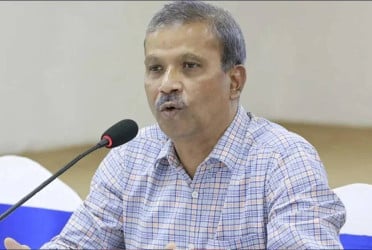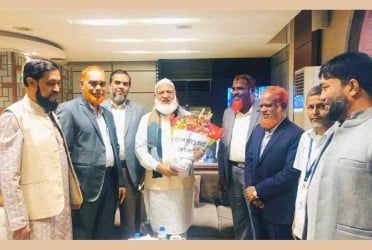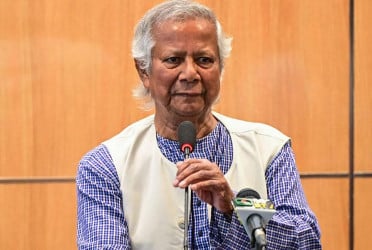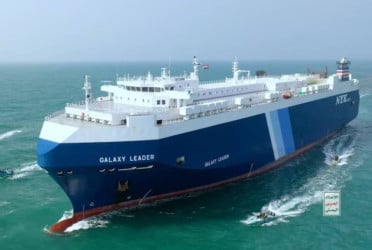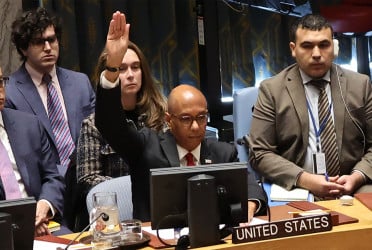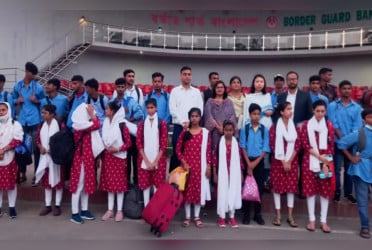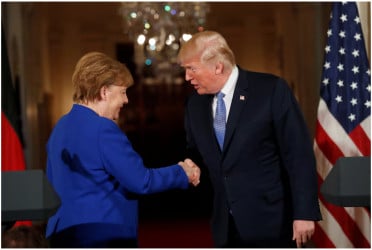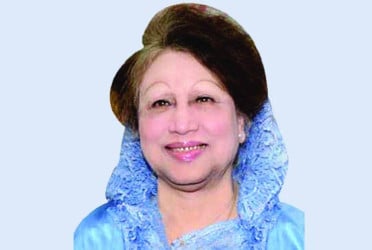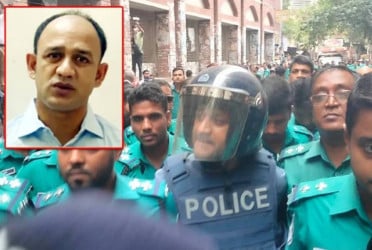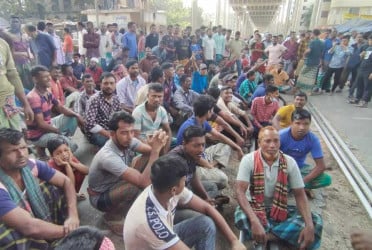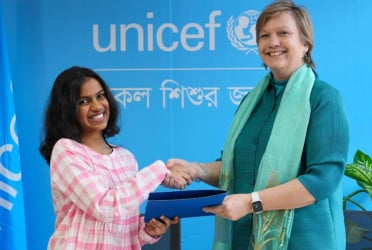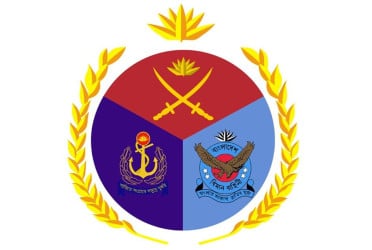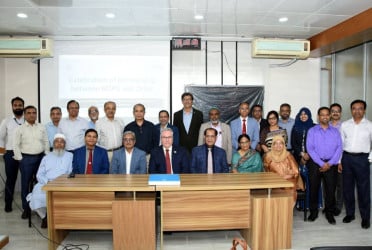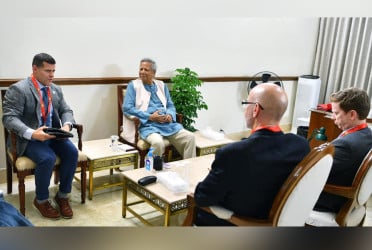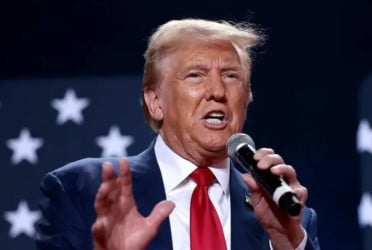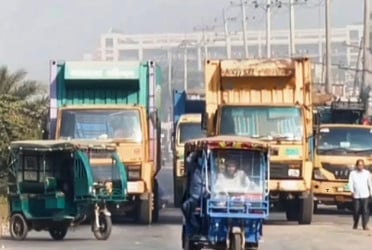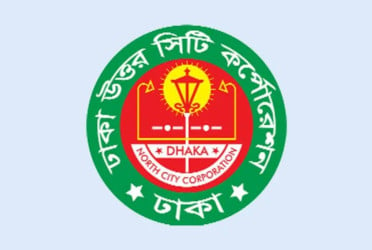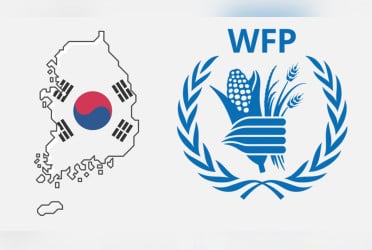At least 28 parties participating in the upcoming 12th National Parliament Elections have expressed their desire to secure the support of the ruling Awami League.
Leaders of the 14-party alliance, led by the Awami League, have openly expressed their wish to contest the elections under the Awami League's boat symbol.
Additionally, the main opposition party, the Jatiya Party, various Islamic parties, and even smaller parties like the Kalyan Party, Trinamool BNP, and BNM are all seeking constituency compromises from the Awami League.
Their primary goal is to avoid facing independent candidates backed by the Awami League, potentially jeopardizing their electoral prospects. Instead, they seek favorable constituencies and the Awami League's support to secure victory.
Meetings between party leaders and the Awami League are ongoing, and the final distribution of support and concessions will remain unclear until the last day of nomination withdrawal on December 17. The outcome of these negotiations will significantly impact the composition and dynamics of the upcoming parliament.
There are currently 44 political parties registered with the Election Commission (EC). Among them, 29 parties are participating in the elections. 15 parties, including BNP, and Islami Andolan Bangladesh, are not going to join the election. The parties that did not go to the elections are protesting to demand a neutral government.
The Jatiya Party held several meetings with the ruling Awami League on constituency reconciliation but could not reach any solution. Both parties are keeping strict secrecy about the content of the meeting. The Party has previously held elections with the Awami League in three national elections, but this time the ruling party wants to give priority to the worker-friendly leaders of the Jatiya Party to make the election meaningful.
In particular, Awami League has said that the Jatiya Party parliamentarians who have organized regular contacts in the area and can form central committees with their manpower, should be brought back to parliament.
In such a situation, most of the MPs of the Jatiya Party are worried about the nomination. Because only a few of the party’s 22 MPs have spent time in regular constituencies to build their workforce.
A co-chairman of the Jatiya Party, who did not want to be named, said the government wants to make the election meaningful. Therefore, in the meeting, the Jatiya Party has been asked by the Awami League to nominate those who have a strong base in the area in the next election.
He said that the party's co-chairman, presidium members, and members of parliament are reluctant to vote without constituency agreement.
Meanwhile, on December 4, members of the 14-party alliance led by the Awami League held a meeting with the Prime Minister at Ganabhaban. They discussed constituency sharing. However, the decision on how many constituencies will be elected with the boat symbol has not been finalized yet.
After announcing the election schedule, Trinamool BNP top leaders Samsher Mobin Chowdhury and Taimur Alam Khandkar met the Prime Minister at Ganabhaban on November 20. Neither side disclosed the content of the talks.
According to Awami League sources, 80-90 constituencies will have to be discounted if the parties are negotiated according to the demands who have announced to participate in the elections. According to what has come up in the formal and informal discussions so far, the Jatiya Party does not agree to less than 40 seats.
14-party alliance has priority in as many as 25 constituencies. Alternative factions, Trinamool BNP, BNM, Supreme Party, and BNF are seeking 15 more constituencies.
Apart from this, the central leaders of the Awami League, ministers, and various parties of the government are communicating with the Islamist parties. They too are expecting at least 10 constituencies.
(The report was published on print and online versions of The Bangladesh Pratidin on December 10 and rewritten in English by Tanvir Raihan)

